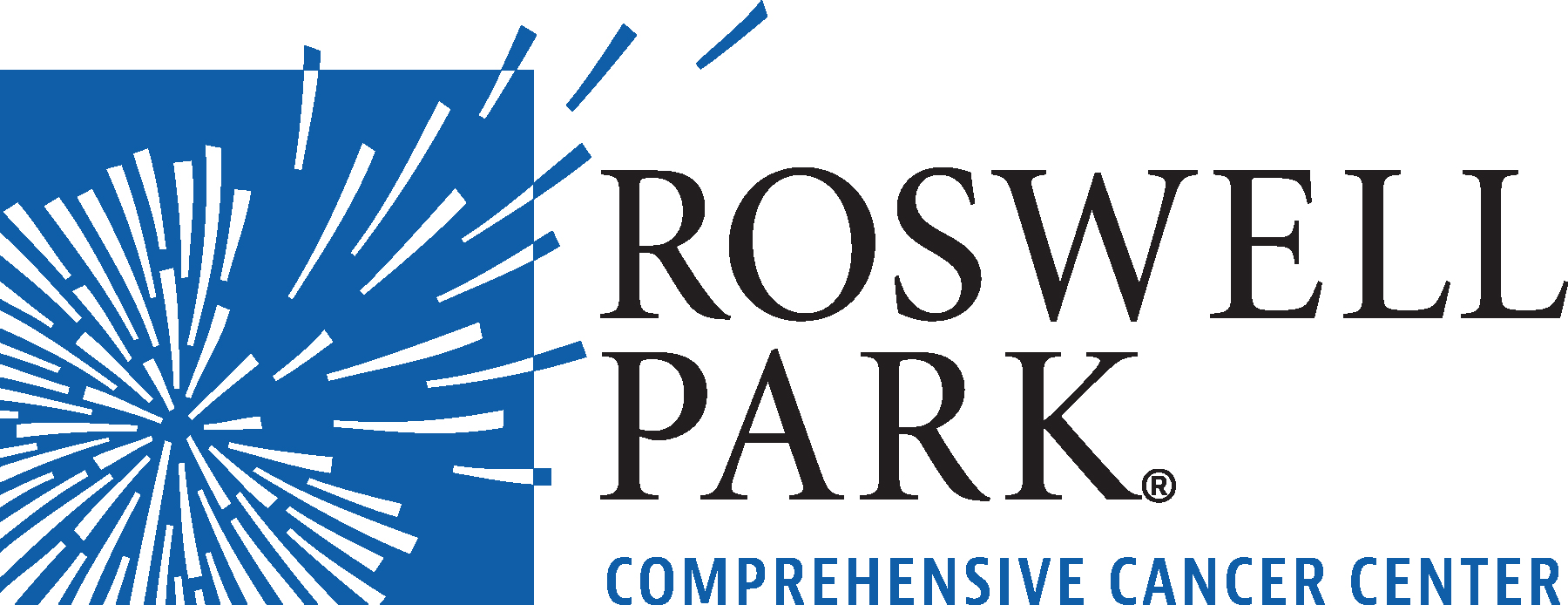- Estrogen-receptor-negative breast cancer more common in African-Americans
- Researchers identify epigenetic differences that may drive this disparity
- Team revealed methylation patterns linked to lower expression of key genes
Newswise — CHICAGO, Ill. — Roswell Park Comprehensive Cancer Center researchers have identified epigenetic differences in the breast cancer tumors of African-American women and women of European descent, shedding light on one mechanism by which race may influence the way breast cancer develops. They are presenting the results of this research at the American Association for Cancer Research (AACR) Annual Meeting 2018 in Chicago, Ill.
Matthew F. Buas, PhD, Assistant Professor of Oncology in the Department of Cancer Prevention and Control, is lead author and Christine B. Ambrosone, PhD, Professor of Oncology, Senior Vice President of Population Sciences and Chair of Cancer Prevention & Control, is senior author of “Intergenic DNA methylation differences in ER- breast tumors from African American versus European American women” (abstract 5328), to be presented in a poster session today from 8 a.m. to noon CDT.
As culture shapes our environment, which in turn influences how genes are expressed, cultural differences can have a profound effect on disease development. For example, African-American mothers are less likely than mothers of European ancestry to breastfeed their children, and having given birth without breastfeeding is a known risk factor for aggressive breast cancer.
African-American women are more likely than women of European ancestry to develop ER-negative breast cancer, a disease type in which tumors lack estrogen receptors, making them unresponsive to hormone therapy drugs and thus more difficult to treat. Building upon previous research, Dr. Ambrosone and colleagues suspected that epigenetic changes — or the switching on or off of genes in response to environmental influences such as diet, stress, physical activity, exposure to chemicals, or viral infections — were one force driving this disparity.
DNA methylation is an epigenetic tool that cells may use to turn genes off. For this study, the Roswell Park researchers focused on racial differences in DNA methylation within so-called non-coding or intergenic regions of the genome, which do not themselves encode genes, but often contain regulatory elements that influence gene expression. Analysis of breast tumor samples from women of either African or European ancestry revealed higher DNA methylation levels at several genomic locations in tumors from African-American women. These methylation patterns correlated with lower expression of key genes that promote the maturation of breast progenitor cells. The authors speculate that incomplete maturation of progenitor cells, as a consequence of DNA methylation changes, may eventually translate into increased risk of ER-negative breast cancer.
“Our findings suggest that epigenetic differences between African-American women and women of European ancestry are important in breast cancer pathogenesis, and may underlie observed differences in the incidence of breast cancer subtypes by race,” says Dr. Buas.
“This research is exciting because it is helping us to understand, at the molecular level, what is driving ER-negative breast cancer in African-American women, which can lead to new approaches to prevention and treatment,” adds Dr. Ambrosone.
Jianhong Chen, PhD, a Senior Research Specialist in the Department of Cancer Prevention and Control, is co-first author on this work.
More than 20 teams from Roswell Park Comprehensive Cancer Center were invited to present their research at AACR 2018. In addition, Marc Ernstoff, MD, The Katherine Anne Gioia Chair of Medicine, led the roundtable discussion “Practicing immunotherapy in the clinic” on April 14 and Kunle Odunsi, MD, PhD, FRCOG, FACOG, Deputy Director, Chair of Gynecologic Oncology and Executive Director of the Center for Immunotherapy, was lead discussant for the session “Multimodality Immuno-oncology Approaches” on April 15. Dr. Odunsi was also the featured presenter at a Meet the Experts session, “Reprogramming the Tumor Microenvironment to Enhance ‘Next-Generation’ Adoptive Cellular Therapy.”
###
This release is also available at: https://www.roswellpark.org/media/news/roswell-park-researchers-identify-epigenetic-changes-may-help-explain-racial-disparities
Roswell Park Comprehensive Cancer Center is a community united by the drive to eliminate cancer’s grip on humanity by unlocking its secrets through personalized approaches and unleashing the healing power of hope. Founded by Dr. Roswell Park in 1898, it is the only National Cancer Institute-designated comprehensive cancer center in Upstate New York. Learn more at www.roswellpark.org, or contact us at 1-800-ROSWELL (1-800-767-9355) or [email protected].
MEDIA CONTACT
Register for reporter access to contact detailsArticle Multimedia
CITATIONS
AACR Annual Meeting 2018

